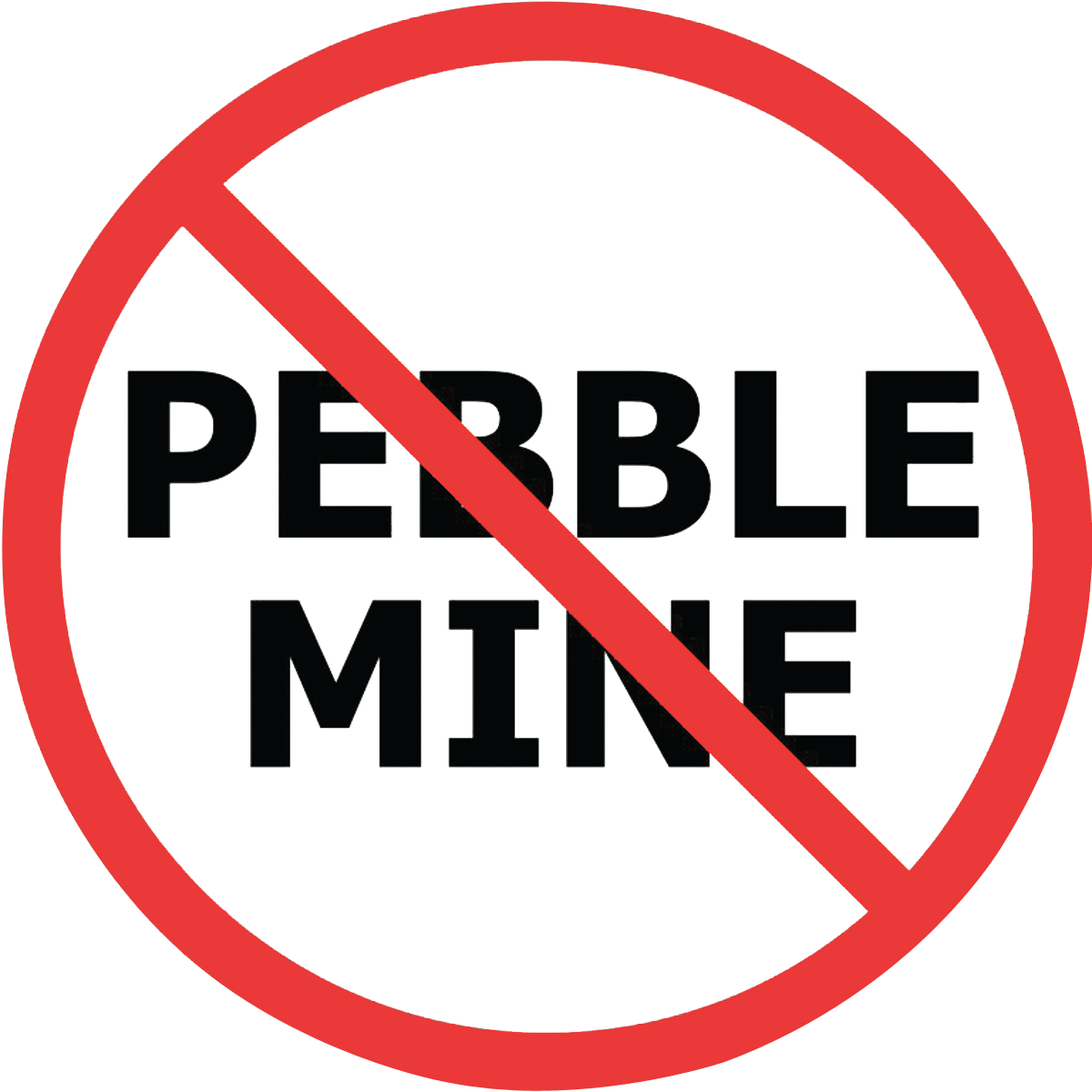View the original story published in The Hill here.
BY RUS SCHWAUSCH AND DR. RICHARD ALLEN, OPINION CONTRIBUTORS
03/13/17 09:30 AM EDT
As you all know, everything is bigger and better here in Texas, including our outdoor recreation opportunities. But, as much as we love to boast about how big and great we are as a state, there’s one place that’s even bigger and wilder – Alaska.
We, along with thousands of Texans who travel there each year, both have strong ties to Alaska as business owners and avid outdoorsmen who appreciate the wild, untouched landscapes of the north.
Our business ventures and fondness for Alaska’s wild recreational places have kept us tracking one of the sporting community’s most important conservation battles. Bristol Bay in Southwest Alaska has been spotlighted by a massive mining proposal for over a decade. There, clear, cold rivers crisscross hundreds of miles of untouched tundra and help feed one of the greatest wild salmon regions on the planet, not to mention the trophy rainbow trout, and abundant caribou, brown bear, moose and more.
Despite Bristol Bay’s status as one of the planet’s finest sporting destinations, a Canadian mining company has put up a hell of a fight to develop what would become the world’s largest open pit mine known as Pebble Mine, which would span the region and imperil the fishery and wilderness that makes Bristol Bay unique.
For obvious reasons, a great majority of Alaskans and millions of Americans oppose this project. Given the overwhelming opposition, the mining company has waged an expensive battle – employing lobbyists, lawyers and PR firms in attempts to convince Americans that an industrial mining complex is a good tradeoff for a world-class hunting and fishing region, not to mention home to generations of Alaska Natives and a $1.5 billion annual commercial salmon fishery.
We believe late Alaska Republican Senator Ted Stevens had it right when he called this project, “the wrong mine in the wrong place,” and we, along with over a million other Americans, wholeheartedly agree. An unprecedented coalition of native tribes, commercial fishermen, anglers and hunters, conservationists, religious groups, restaurateurs and outdoor enthusiasts have been fighting this foreign-owned mine proposal and trying to gain protections for the Bristol Bay region.
The reasons are simple and numerous. Bristol Bay’s average run of 37.5 million fish produces a whopping 46% of the world’s sockeye salmon. This run sustains more than 29,000 fishing trips each year and creates 14,000 commercial and recreational jobs in a salmon fishery that can last indefinitely, as opposed to the 1,000 or so jobs the mine developers can offer for a couple of decades.
Recently, the U.S. House Committee on Science, Space and Technology, which is chaired by our own Rep. Lamar Smith (R-Texas), has contacted the new Administrator of the Environmental Protection Agency, Scott Pruitt, to request that he undo protections proposed by the Agency for the clean water and great fishery in Bristol Bay. Please consider contacting Chairman Smith and the Committee to relay the importance of protecting Bristol Bay’s salmon and world-class fishing from the Pebble Mine proposal. Tell committee members that opposition to protections for this place is shortsighted decision-making that would threaten thousands of sustainable American jobs.
Millions of anglers and hunters from Texas and across this country recognize that Pebble Mine is too risky, and the scientific record of the Bristol Bay Watershed Assessment proves it. We hope Rep. Smith and you can see this figuratively, and see Bristol Bay literally as soon as possible. When you do, you will not be disappointed by one of the last great wild regions we have on this earth. Even a Texan can appreciate and be humbled by its vastness.
Rus Schwausch has guided in Alaska since 2001 and currently owns and operates EPIC Angling & Adventure, a remote sport fishing business near Bristol Bay, Alaska. He was first "infected with the wilds of Alaska" in 1995 during a 100 mile float trip in the same region that Pebble Mine now threatens. He grew up in Texas, graduated from Texas A&M with an engineering degree and has called Austin home for over 20 years. Dr. Richard Allen is a retired dentist who practiced in Carrollton, Texas for 35 years. He currently lives on a ranch near Kerrville, TX. He has served as President of the Dallas Safari Club as well as chairman of the annual convention on four occasions and as chairman of the Dallas Ecological Foundation. He is an avid fisherman and hunter and a dedicated conservationist.
